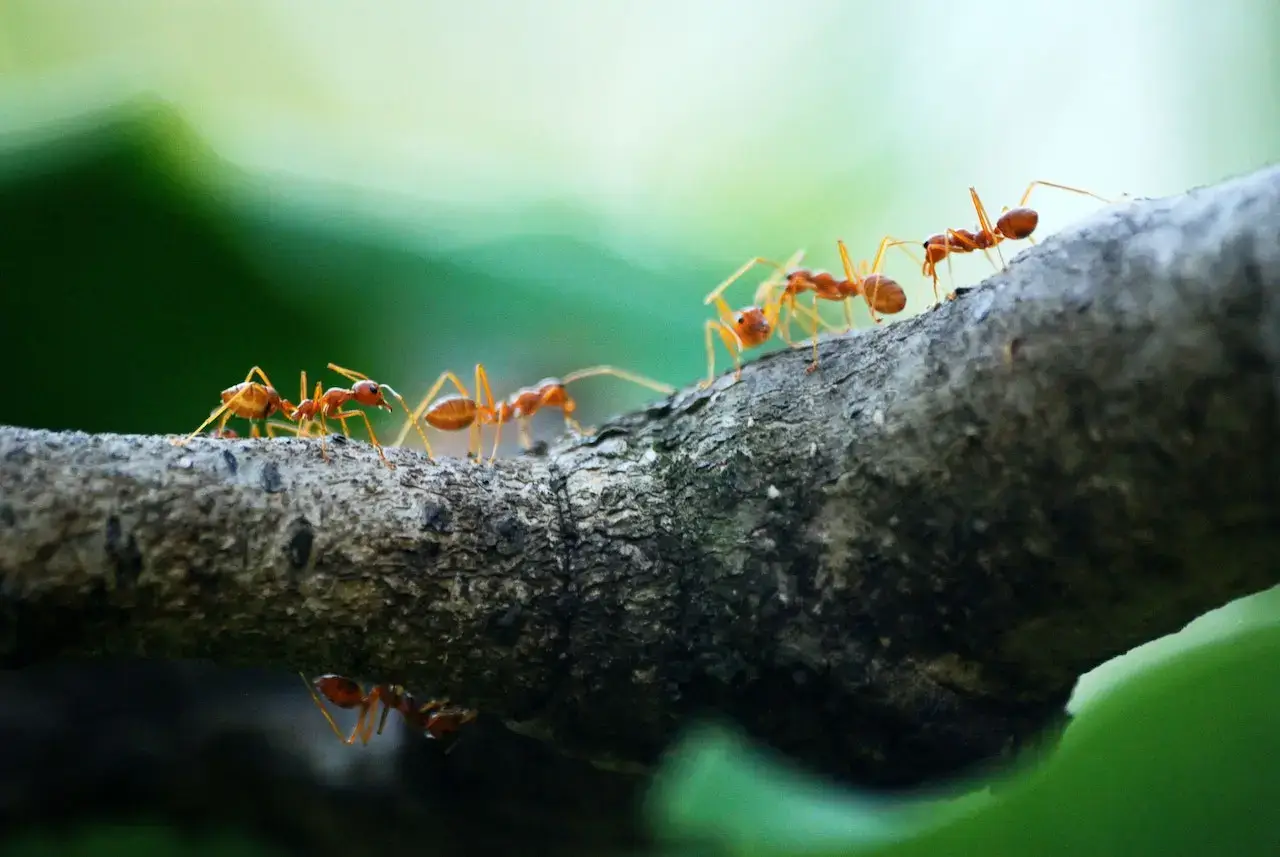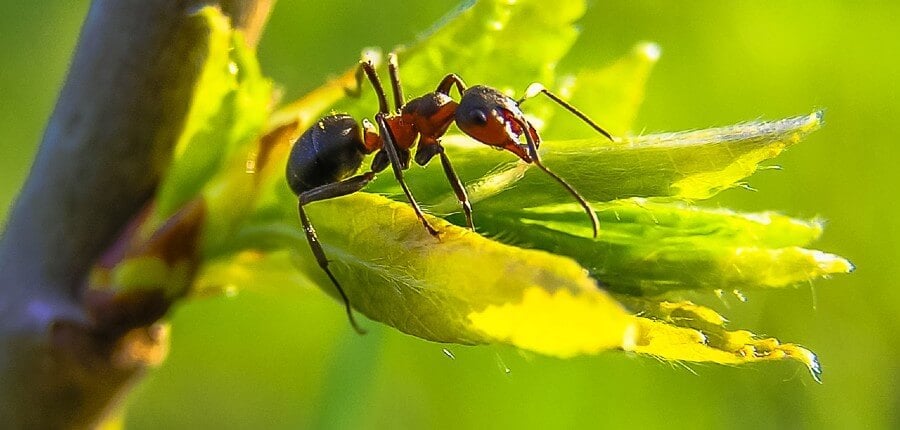Advanced Termite Control: Proven Approaches for Eliminating Termite Infestations
Advanced Termite Control: Proven Approaches for Eliminating Termite Infestations
Blog Article
Ecological Impact of Bug Control: Balancing Efficiency With Sustainability
The environmental impact of insect control is a critical concern that needs a delicate balance in between accomplishing performance in managing insects and ensuring sustainability of our ecosystems. From the use of hazardous chemicals that permeate right into our dirt and water to the unintended repercussions on non-target species, the repercussions of conventional insect control practices are significant.
Unsafe Chemicals in Pest Control
The usage of harmful chemicals in insect control poses significant environmental and health and wellness threats that necessitate cautious factor to consider and reduction methods. Pesticides, insecticides, and herbicides are frequently utilized to remove pests, but their widespread application can result in unintentional consequences. These chemicals can infect soil, water resources, and the air, affecting not only the targeted pests but additionally beneficial insects, wildlife, and human beings.

To deal with these dangers, incorporated bug administration (IPM) techniques are being advertised as a much more lasting option. IPM involves a combination of methods such as biological control, environment control, and the targeted use pesticides as a last option (ant control lake norman of catabwa nc). By embracing an all natural method to pest control, we can lessen the ecological and health effects associated with damaging chemicals while properly handling pest populations
Effect On Non-Target Species
Taking into consideration the unintended effects of bug control approaches, the influence on non-target species is a vital facet that calls for detailed evaluation. While parasite control steps aim to target details bugs, various other microorganisms in the environment may be inadvertently impacted. Non-target varieties, consisting of helpful bugs, birds, creatures, and even plants, can suffer indirect or straight injury from chemical applications or organic control techniques.
Pesticides made to combat a specific bug pest might hurt pollinators like or all-natural killers such as ladybugs. Organic control agents, if not species-specific, can pose dangers to unintentional targets, interrupting the eco-friendly equilibrium.
To alleviate the effect on non-target types, integrated parasite management (IPM) strategies that stress an all natural strategy to pest control are suggested. These approaches focus on using eco-friendly techniques, minimizing damage to advantageous microorganisms while properly managing pest populations. Carrying out detailed risk evaluations and keeping track of the end results of parasite control efforts are vital actions in safeguarding non-target species and advertising total ecological community health.
Soil and Water Contamination
Unintentional environmental repercussions of pest control techniques expand beyond affecting non-target types, with substantial ramifications for dirt and water contamination - ant control services. Pesticides, herbicides, and chemical plant foods used in bug control can leach right into the soil and infect groundwater, presenting a threat to both aquatic and earthbound ecological communities.
Water contamination is one more essential problem linked with parasite control practices. To mitigate soil and water contamination from pest control tasks, integrated bug monitoring approaches that prioritize sustainability and reduce chemical inputs are crucial.
Air Air Pollution From Pesticide Use
Direct exposure to air-borne chemicals during farming applications poses a substantial worry for air pollution control procedures. They can volatilize right into the air and type volatile natural substances (VOCs) and various other air-borne pollutants when chemicals are splashed onto plants - ant control services. These chemicals can add to the formation of ground-level ozone, a significant part of smoke that can have detrimental impacts on human health and wellness, plant productivity, and overall air top quality. In addition, chemical drift, where pesticides are carried by the wind to unintentional locations, can cause the contamination of neighboring communities and water bodies.

Techniques for Sustainable Parasite Control
In the world of agricultural techniques, executing sustainable parasite control methods is paramount for keeping ecological balance and protecting plant returns. Sustainable bug control emphasizes the use of environmentally pleasant methods to handle insect populations efficiently while reducing harm to non-target microorganisms and ecological communities. Integrated Insect Management (IPM) is an extensively adopted strategy that combines biological, social, physical, and chemical control approaches to accomplish long-term bug monitoring options.
One trick technique in lasting bug control is promoting biodiversity within agroecosystems. By boosting natural opponents of bugs, such as predators and parasitoids, farmers can reduce the requirement for synthetic pesticides. Crop turning and diversification are likewise efficient methods to interrupt pest life cycles and produce less beneficial problems for pests to prosper. Additionally, making use of pest-resistant crop ranges and using techniques like catch cropping can help in reducing parasite pressure without relying greatly on chemical interventions. Eventually, by incorporating these sustainable parasite control strategies, farmers can accomplish a balance between pest monitoring effectiveness and environmental stewardship.
Verdict
In final thought, the environmental effect of insect control approaches have to be meticulously thought about to balance performance with sustainability. Dangerous chemicals made use of in bug control can cause dirt and water contamination, air pollution, and injury non-target types - ant control. It is important to execute sustainable pest control strategies to reduce these adverse impacts on the environment and promote a healthier environment for future generations
By taking on an alternative approach to pest control, we can minimize the environmental and health and wellness influences connected with hazardous chemicals while efficiently handling pest populaces.

To mitigate the air pollution triggered by chemical usage, it is important to adopt integrated bug monitoring techniques that focus on the usage of non-chemical parasite control methods, such as plant rotation, natural predators, and immune plant ranges. Sustainable pest control emphasizes the usage of ecologically friendly approaches to manage bug populations properly while reducing harm to non-target microorganisms and environments. Integrated Bug Monitoring (IPM) is a commonly adopted approach that integrates biological, social, physical, and chemical control methods to accomplish long-term pest administration options.
Report this page